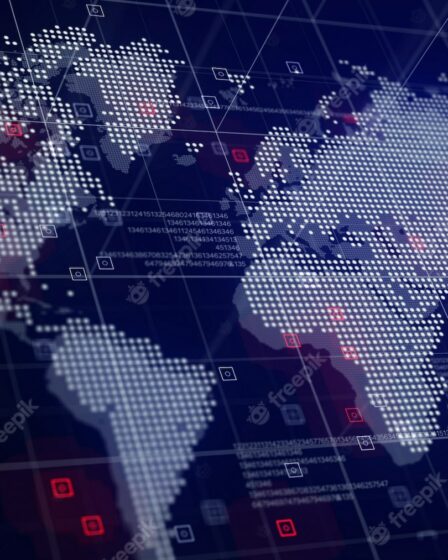China has gone around Asia, particularly, Southeast Asia telling countries to behave because they are smaller than China. Beijing however, is strangely more diffident when it comes to Pyongyang’s consistently cocking a snook at it and also complicating China’s regional security environment at the same time.
Opinion
India’s Strategic Outreach in the Indo-Pacific Region
When Barack Obama won the American Presidential elections in 2008, there was not much enthusiasm among most of the Indian strategic community. This was partly because of his views on outsourcing, but mostly because of a popular assumption in the community that Republican Presidents are better for India than Democrats. Those who propagate this assumption of course conveniently forget President John F Kennedy’s help during the Sino-Indian War and President Richard Nixon’s infamous ‘tilt’ towards Pakistan and his rapprochement towards China.
Low Oil Price Regime: What It Means for India?
The year 2016 closes without India having gained entry into the Nuclear Suppliers Group (NSG). The expectations for this had reached a crescendo around the middle of the year when the Indian application was taken up at the plenary meeting in June in South Korea. However, China did not allow this to happen, burdening the Indian case for membership with several technical, procedural and political issues. Some other nations had a few issues too.
India’s Nuclear Power Journey in 2016
On 18 September 2016, four terrorists stormed the Indian Army brigade headquarters in Uri killing 19 soldiers before being gunned down. Within a span of three months, terrorists have carried out a similar fedayeen style attack on XVI Corps headquarters in Nagrota, Jammu.
Environmental Cooperation Marred by India-Pakistan Tensions
After staying outside the international non-proliferation regimes for a few decades, India decided to embark on a new path, seeking to join the global clubs. This journey includes gaining membership into the global export control mechanisms such as the Nuclear Suppliers Group (NSG), Missile Technology Control Regime (MTCR), Wassenaar Arrangement (WA) and Australia Group (AG). Of these four regimes, India has gained a seat at the MTCR and the process of accession into the other three is currently on. Even as India enjoys a clean track record in the area o
Tackling the Environmental Risks Faced by Indian Cities
On 2 December 2015, the International Atomic Energy Agency (IAEA) has released its final assessment on past and present outstanding issues regarding Iran’s nuclear program.[1] The agency finds no “credible indication of diversion of nuclear material” and “based on all the information available to the Agency relating to nuclear material acquisition…the agency has not found indications of an undeclared nuclear fuel cycle in Iran, beyond those activities declared retrospectively by Iran.”
Hydrocarbon Transit: Iran’s Reinvigorated Caspian Dream
The World Economic Outlook database, released by the International Monetary Fund on April 14, 2015 has stated that China’s Gross Domestic Product (GDP) growth rate will drop to 6.8 per cent from 7.4 per cent last year. The biggest challenge that China is now faced with however, is not the declining rates of growth but unemployment, which could trigger social unrest.
The GWOT, Aerial Strikes and Winning Hearts and Minds in West Asia
I read a news headline a couple of days back that India braces up for Pakistan raising the Jammu & Kashmir (J&K) issue at the United Nations (UN). I always wonder why India is sensitive to Pakistan raising the J&K issue at the UN or at any other international fora? Firstly as per the Independence of India Act (1935), further endorsed in the 1947 Act, it was the sovereign of the princely state, who was authorised to choose between India, Pakistan or to remain independent.
Changing Face of Privacy in India: An Analysis
One of the successful manoeuvres China undertook (from the late 1970s and 1980s) for a seat at the global high table was the “polar” international structure. In the 1980s China projected a tri-polar power balance with the USA and the Soviet Union as the strong poles and China as the third pole weak but growing. This was the theory necessitated the two powers to strengthen China to maintain global stability.
